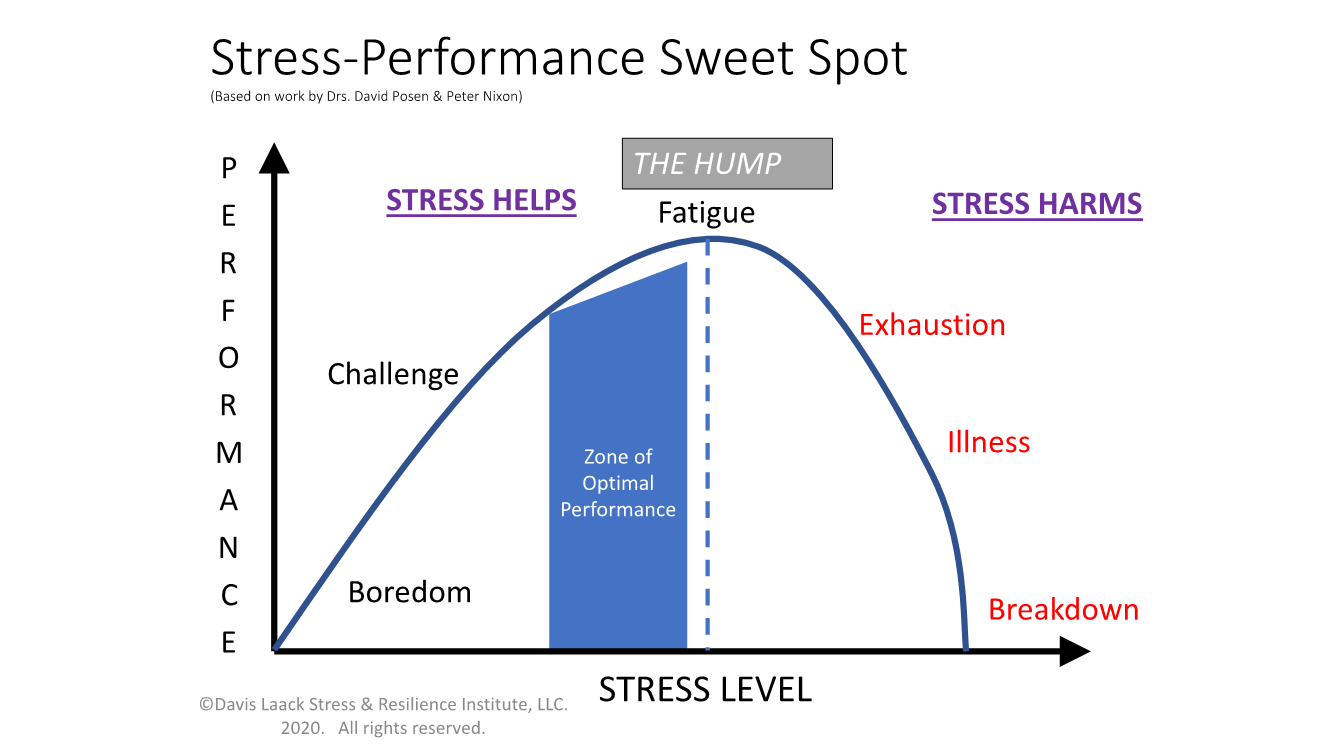Work and life have become more complex and fast-paced such that it has become more difficult to distinguish between just having a bad day or something more. And most of those in legal profession operate on an always on pace.
Not surprisingly, one of the questions I am asked most frequently is:
“How do I know if it’s just stress or if I’m burned out?”
Stress exists on a continuum, and it’s important to know your place on it as you get more work, finish projects, meet with clients, and generally go about your day. Burnout is a state of chronic workplace stress represented by these three dimensions:
- Exhaustion: You feel chronically physically and emotionally drained. Eventually, chronic exhaustion leads to emotional and cognitive detachment, likely as a way to cope with the overload.
- Cynicism: Everyone from colleagues to clients starts to bug you and rub you the wrong way. You start to distance yourself from these people by actively ignoring the qualities that make them unique and engaging, and the result is less empathy and caring.
- Inefficacy: This is a “why bother, who cares” attitude that appears as you struggle to identify important resources and as it becomes more difficult to feel a sense of accomplishment and impact in your work.
Burnout doesn’t happen overnight. When I burned out at the end of my law practice, I started going into the office a little later, stopped having as many lunches and Friday beverage meet ups with my colleagues, and spent less time with my friends on the weekend in favour of bad reality TV and the sofa. Only much later in the process did I experience panic attacks and trips to the emergency room because of stress-induced stomach aches. You don’t want to get to that point.
Here are five additional ways to tell if it’s just stress or something more:

- Evaluate your stress level
I want you to place a dot on this graph that represents where your stress level is today. If you placed your dot by exhaustion, can you explain why? If you’re in the middle of a trial, that might explain why you feel tired, but pay attention to whether you bounce back to the Zone of Optimal Performance quickly once trial ends. People who are burned out either can’t recover, or they notice a much slower than typical recovery.
Conversely, boredom can be a signal that you aren’t being challenged by your work, which can happen after you’ve drafted your 500th purchase agreement. It’s important to know that stress can be beneficial, and how you think about stress matters enormously in terms of how it impacts your well-being. Some people view stress as a threat (wholly negative), while others are able to view it as a challenge (there might be positive aspects). People who can reframe stress to feel more like a challenge and less like a threat report less depression and anxiety, and higher levels of energy, work performance, and life satisfaction.
These questions can help you develop a better challenge response:
- Where do I have control, influence, or leverage in this situation?
- What is a specific action step I can take?
- What are my strengths?
- What resources do I have?
- What allows me to know that I can handle this?
- Measure how you feel
Researchers have been able to validate a non-proprietary, single question item, which may serve as a reliable substitute for the emotional exhaustion dimension of the gold standard burnout measurement tool. The question they validated is subjective, and this should be used only as a first point of entry toward understanding burnout and not as a replacement for the full measurement tool.
Question: Overall, based on your definition of burnout, how would you rate your level of burnout?
- I enjoy my work. I have no symptoms of burnout.
- Occasionally I am under stress, and I don’t always have as much energy as I once did, but I don’t feel burned out.
- I am definitely burning out and have one or more symptoms of burnout, such as physical and emotional exhaustion.
- The symptoms of burnout that I’m experiencing won’t go away. I think about frustration at work a lot.
- I feel completely burned out and often wonder if I can go on. I am at the point where I may need some changes or may need to seek some sort of help.
Interestingly, I have asked this question to 391 lawyers and legal professionals (ranging from law students and first year associates to C-suite managers and partners) and their average response is 2.49. Burnout is a progressive process and catching lawyers before they are in serious crisis helps the entire profession.
- Know the warning signs of burnout
Physical: Frequent headaches, getting sick more often than usual, exhaustion, stomach and digestive issues, restless, sleeplessness, heart palpitations, and chest pain
Psychological: Panic attacks, increasing feelings of anger, frustration, and irritability; feeling hopeless, helpless, and pessimistic; loss of enjoyment for activities you once loved
Behavioural: Drop in productivity, increased absenteeism, isolation (wanting to eat lunch alone or just be alone), becoming a poor team player, increased alcohol or drug use
Again, these warning signs and symptoms exist on a continuum, and the difference between stress and burnout may be a matter of degree. How many, if any, of these symptoms do you have?
- Check for an imbalance
Research describes job stressors in terms of person/job imbalances, or mismatches, and identifies six key areas in which these imbalances take place. The greater the imbalance in each of these specific areas, the greater the likelihood of burnout. What are your areas of perceived imbalance?
- Workload: You have enough time to do what’s important in your job.
- Control or Autonomy: You have influence in the decisions affecting your work.
- Reward: Your work is appreciated.
- Community: You are a member of a supportive work group.
- Fairness: Opportunities are decided solely on merit.
- Values: Your values and the organization’s values are alike.
- Get an outsider’s perspective
What would a close friend, family member, or colleague say about your stress level? The closer you are to burnout, the harder it is to hide the manifestation of stress, and those who know you best will likely pick up on even subtle changes.
So, is it stress or is it burnout? If it’s stress, it’s important for you to keep track of any changes to your well-being so it doesn’t turn into burnout. If you determine that you’re burned out, now might be a good time to take a step back and assess causes and any changes you might need to make.

By: Paula Davis-Laack
Founder, Stress & Resilience Institute
Paula Davis-Laack, JD, MAPP, is a former practicing lawyer, an internationally-published writer, speaker, media contributor, and a stress and resilience expert who has taught burnout prevention and resilience workshops for thousands of professionals around the world.
She also is the Founder and CEO of the Stress & Resilience Institute, a training and consulting firm devoted to helping companies and busy professionals build their resilience to stress.
Paula left her law practice after 7 years and earned a master’s degree in applied positive psychology from the University of Pennsylvania. As part of her post-graduate training, Paula was selected to be on the University of Pennsylvania faculty teaching and training resilience skills to soldiers for the Army’s Comprehensive Soldier and Family Fitness program. The Penn team trained resilience skills to more than 25,000 soldiers.
Her expertise has been featured in and on O, The Oprah Magazine, Redbook, Time.com, Today.com, The Steve Harvey TV show, Huffington Post Live and a variety of media outlets. She has also been featured in and on the Lawyerist, Law360.com, various ABA webinars, and the Women’s Law Journal.



